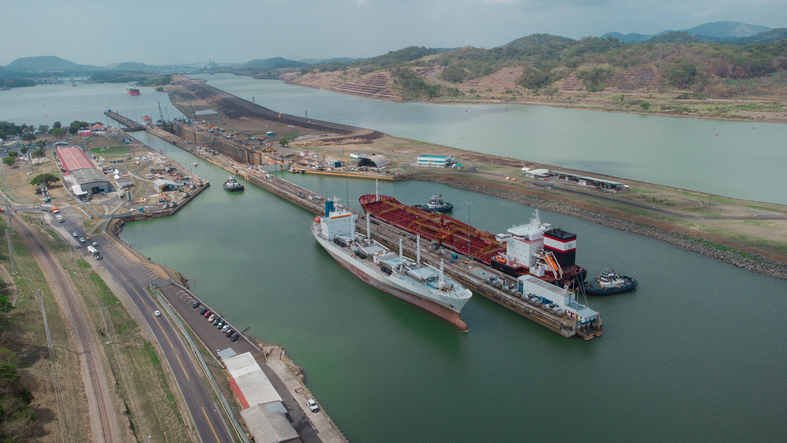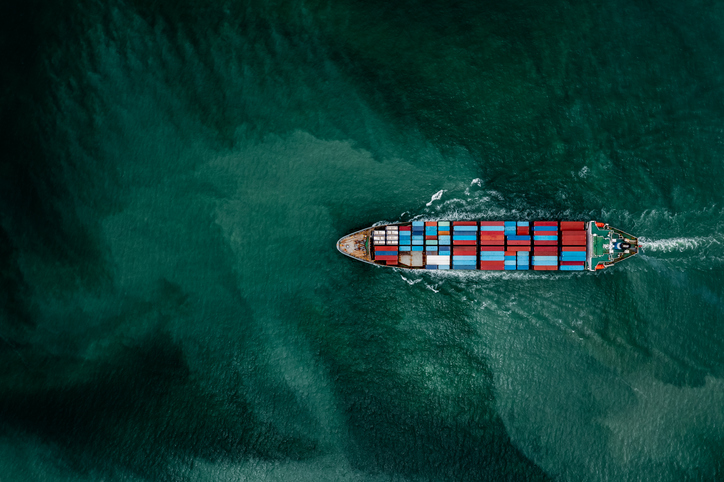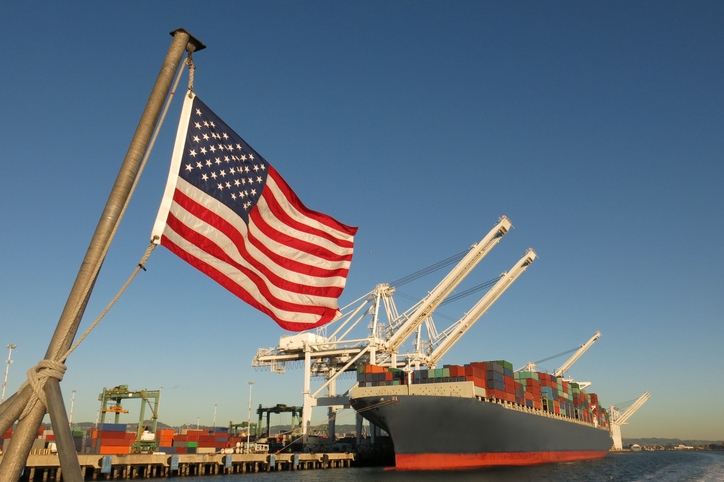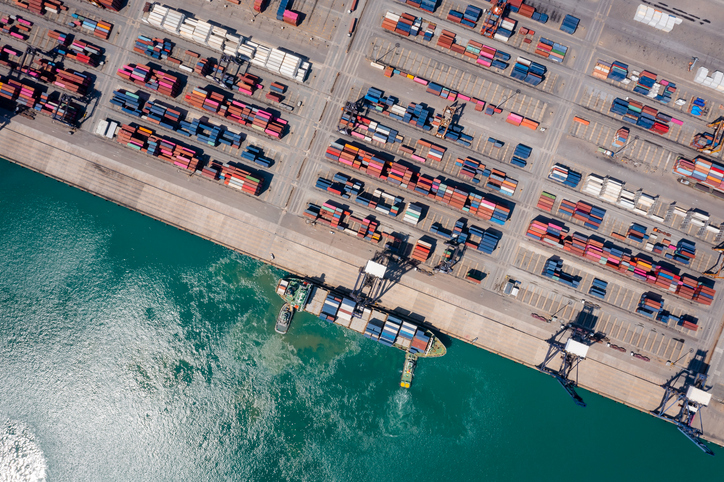
The Weekly Roar
In this week’s Roar: The Panama Canal Authority is opening three more locks, the Red Sea crisis coupled with the EU ETS is creating a significant burden for shipping companies, Homeland Security thinks China is spying on US ports, the Biden administration has a plan to help electrify long-haul truck routes, and some positivity around the East Coast dockworker talks.
Finally! Some good news from the Panama Canal Authority. They have announced they will be increasing the number of daily ship passages through the locks by three since the water levels in Gatun Lake are rising. They’ll be taking a staggered approach, with two additional slots opening on March 18 and the third slot on March 25. The increase will push daily transits up to 27, which is still well below the normal 37/38 ships that pass through daily.
Unfortunately, that’s the only good news coming out of the area. As missile attacks on shipping routes in the Red Sea increase, so does the distance that needs to be traveled by ships taking an alternative route. The trip around the Cape of Good Hope increases emissions by 191%. Taking into account the EU ETS liability for 50% of voyages to and from the EU, this places an incredible burden on shipping companies.
The House Committee on Homeland Security has started an investigation after finding suspicious equipment on cranes delivered to the Port of Baltimore. They’re accusing China of spying on US ports through these cranes, using them to gather intelligence or even sabotage port operations. China’s ZPMC supplies nearly 80% of the cranes at US ports and even more in Europe. However, the Association of American Port Authorities (AAPA) argues that there is no evidence to support these claims and that there haven’t been any reports of security breaches as a result of them.
The Biden administration has a plan in place to electrify long-haul truck routes that will ultimately help companies meet their sustainability goals. The goal is an affordable charging and hydrogen refueling network that should be fully operational by 2040, particularly along major highways and in areas of high air pollution.
Experts are feeling somewhat positive about the current negotiations between the International Longshoremen’s Association (ILA) and the United States Maritime Alliance (USMX). Despite concerns of a shutdown, they’re factoring in past interventions by the White House. However, some worry that the current political climate may lead to protectionist trade policies that can hurt the agriculture industry by limiting exports to China.
For the rest of the week’s top shipping news, check out the article highlights below.









